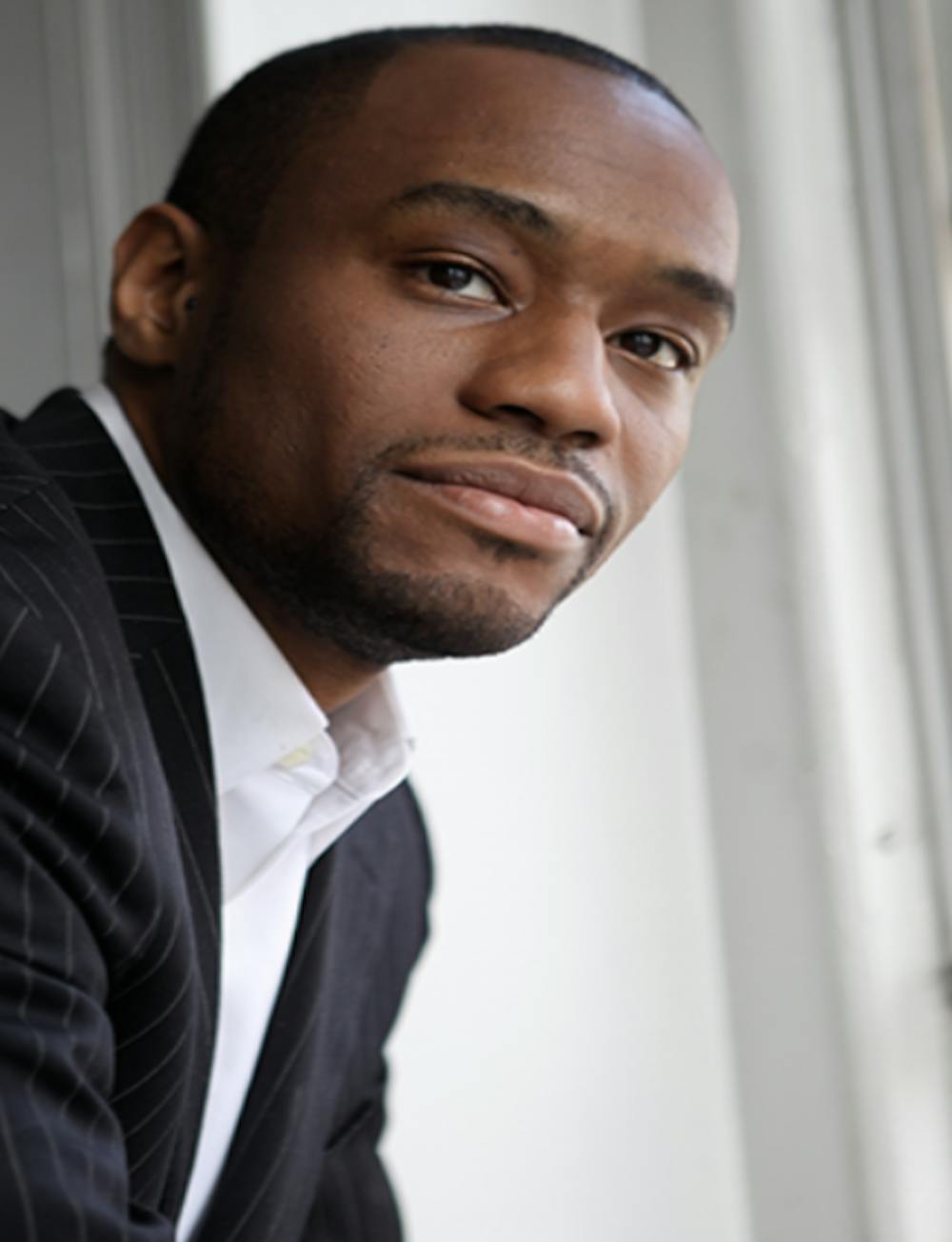By Kevin Hornibrook
Correspondent
Political activist Marc Lamont Hill visited the College virtually on Feb. 10 to speak to students about Black history and liberation in modern America. Hill’s visit was organized by the College’s Black Student Union.
“We were looking for someone with a political perspective, especially with what's been happening over the summer,” said senior sociology major Arianna Mohan, BSU’s multicultural events chair. “[Dr. Hill] is an academic, writer, author, TV personality... We thought he would have some good perspective for the campus community.”
Several organizations co-sponsored the event, including the Pride Mentoring Program, Men of Excellence, Division of Inclusive Excellence, TCNJ NAACP, Association of Students for Africa, the Sociology and Anthropology Department and the African American Studies Department.
Before his current work at Temple University and as host of UpFront and BET News, Hill had received awards as a journalist, published six books, worked with various human rights organizations and was named in Ebony Magazine’s Power 100 list of America’s most influential Black leaders.

The event was one of many that the College planned for Black History Month, a topic that Hill shared his thoughts on.
“This is a nation that is built on slave labor, built on our blood, our sweat, our sacrifices, our love, our faith… this is a country that is built on Black stuff,” Hill said, later adding, “It would be dishonest to say that (Black) contributions can be exhausted or reduced to the month of February.”
Much of the early portion of Hill’s visit was spent highlighting problems in modern America, what he called “contradictions of a neoliberal capitalist empire.”
“We build prisons when we should be building rehabs. We build cages when we should be building schools. So as a result we keep shutting down schools and opening up prisons,” Hill said.
“This is our profile. This is our reality. This is who and what we are as a country,” he said. “But as Martin Luther King directed us, nudged us, where do we go from here?”
He explained the need to lift the voices of marginalized groups in America, mentioning women, transgender people, the homeless, undocumented immigrants and poor people.
Students see room for improvement at the College when it comes to lifting these voices.
“I would say that TCNJ needs some work... I think by navigating towards that path of lifting every voice, I feel like it’s a community effort,” Mohan said. “Everyone has to be in line with that, not just the select few people, not just the people of color on our campus. Everybody has to be the type of person that wants to speak up and invoke change.”
As a successful author and host of the podcast “Coffee and Books,” Hill referenced numerous works of Black literature in most of the points he made. He urged attendees to spend time reading about the names that aren’t taught as much such as Benjamin Banneker, Fannie Lou Hamer, Ella Baker, Mariah Stewart and Phillis Wheatley.
“(Reading) saved my life. I read Malcolm and haven’t been the same since,” said Hill.
He began to close his time by calling for students to devote themselves to activism and progress.
“As you work on your campus, as you struggle for racial democracy I need you all to be willing to hold your organizations accountable. Make them do what they’re supposed to do,” he said. “I need y’all to do the work to get in (to clubs and organizations), I’m cool with that. But I need you to do the work once you get in. Otherwise you're good, but you’re good for nothing. I need you to do more. I need you to push harder. I need you to dream relentlessly. I need you to fight tirelessly. And finally I need you to hope relentlessly.”
This particular point stood out to Mohan, citing a need for people to take more action rather than giving the appearance of being actionable on social issues.
“I think oftentimes people just want to be the president or vice president of something and not focus,” she said. “We have a ton of community service groups at TCNJ, which is awesome, but imagine the good we could all do in a smaller setting. We don’t need fifty community service organizations if we could just have a few.”
The event concluded with a Q&A from attendees, one of whom asked how to resist oppression without sacrificing mental peace.
“Your mental wellbeing should never be the price you pay,” Hill said. “I always tell young activists to find joy, find an escape. Never abandon your mental health… Let’s commit to seeing a therapist, dealing with our issues, finding escapes, finding rest. I don’t care how committed you are to freedom, it’s okay to take a day off. You think you put all of your energy in a mission or the movement or the project, but what you end up doing is burning out and becoming disillusioned.”







